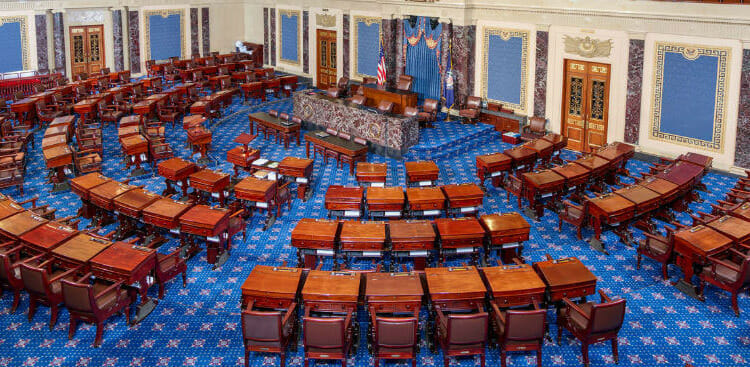Sometimes the American political system comes up with surprises that no one expects, that demonstrate that with all of its flaws—and there are many–the system can work with and for its better angels. This may well prove to be the case with significant support for the One Health concept, from what might seem an unlikely quarter, namely defense funding.
To be specific: There is very promising language included in “The National Defense Authorization Act for Fiscal Year 2022” version approved in the U.S. House of Representatives with 116 Republican votes, and which is now in the hands of the U.S. Senate.
The Act is not just about weapons of war – it includes language that explicitly requests virtually all U.S federal entities “to promote the paradigm of One Health, the integration of human health, animal health, agriculture, ecosystems, and the environment as an effective and integrated way to address the complexity of emerging disease threats.”
It goes further with many specifics as to who should be included, what should be done, and by when. All because there was sufficient evidence and political savvy by experts and external voices such as the One Health Initiative and One Health Commission, and many in academia. (Section 6102 in the Act, page 2554 et. seq.)
Admittedly, the legislation is only one step further in the complicated U.S. legislative process and will ultimately have to run the gamut to reach authorization agreement with the Senate, and then on to appropriations–having the funds in hand to do the hard lifting. And while there are always risks, given the extent of bipartisan support there is good reason to think there will be the money and subsequent follow-up.
This U.S. Congressional initiative is done in the context of wider global acknowledgment of the relevance of One Health. This includes the G20 ministers of health and finance communiqué and COP26 discussions on health and climate change, showing that the additional health burdens attributed to climate change will overwhelm health systems as detailed in the white paper written by the EcoHealth Alliance scientists. Their findings show that not only is “immediate action necessary to prevent immense societal, ecological, and economic harm”, but also that “multi-sectoral cooperation is needed to adequately address these serious and potentially existential threats”.
But if truth be known, there is still much to be done to put One Health at the center of the health and wellbeing stage.
Should a U.S. national defense authorization bill be signed by the U.S. President and include One health, with monies allocated, it will provide a major impetus for much greater attention within the United States, but perhaps more importantly by other governments, by international financial institutions such as the World Bank and other multilateral and bilateral development funders.
At this point, there is some reason for measured optimism. Stay tuned for further developments.
Editor’s Note: The opinions expressed here by Impakter.com columnists are their own, not those of Impakter.com. — In the Featured Photo U.S. Senate chamber source: Wikipedia










